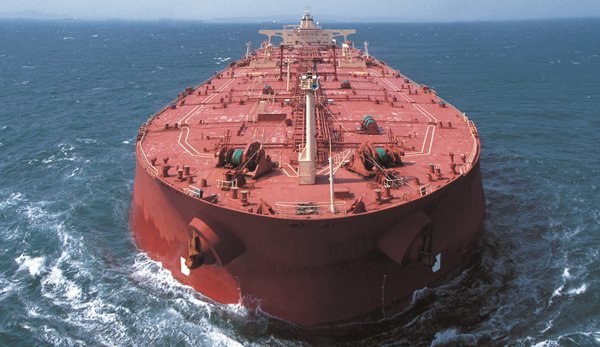China comes out in support of applying mandatory efficiency rules to all the world’s existing ships

China and Brazil have submitted a paper to the International Maritime Organization (IMO) in support of applying mandatory efficiency rules to all the world’s existing 60,000 ships, not just the trickle of newly built ships each year at a 25-30 year replacement rate.
China is adding its diplomatic weight behind the same type of measures supported by nearly all European states led by France, Denmark, Germany, small island Pacific States, and Chile and Mexico.
“The proposed mandatory goal-based rating mechanism would provide impetus for ships to improve their operational performances through the most cost-effective approach. The merits of the mechanism lie in the flexibility in choosing suitable methods to achieve targets and the potential incentive strategies implemented by ports and other stakeholders for ships with superior performance. For ships with inferior performance, necessary corrective actions will be undertaken, thus ensuring the achievement of the levels of ambition of the Initial Strategy,” states the paper submitted by China and Brazil earlier this year.
China’s version lacks detail on enforcement, but experts suggest that could be hammered out in talks once the IMO resumes its meetings when the coronavirus passes.
China, as world’s largest exporter of goods, and largest shipbuilder, has huge clout inside the IMO. Its support was crucial to the adoption of the IMO’s Initial Strategy on GHG reduction in 2018, but it was unclear until recently whether Beijing would actually support the short-term measures needed to achieve this such as operational efficiency rules applying to existing ships.
Operational efficiency measures are viewed by many as the best way of quickly driving CO2 reduction because it incentivises the widest range of actions from slowing down, optimising port calls, to retrofitting sleeker hulls, new propellers, air bubble lubrication, and wind-assisted fletter motors / wing sails, all the way to new fuel types.
The NGOs in the Clean Shipping Coalition have submitted their own more ambitious version of a goal-based operational efficiency measure in line with a 1.5 degrees temperature goal, which they claim would be around an 80% improvement in carbon intensity by 2030.
IMO’s next gathering of the Marine Environmental Protection Committee (MEPC) has been shelved for the time being as the UK is in lockdown from the coronavirus. When the UN body resumes regular business and MEPC finally meets, short-term measures to cut shipping’s carbon footprint will be discussed.
